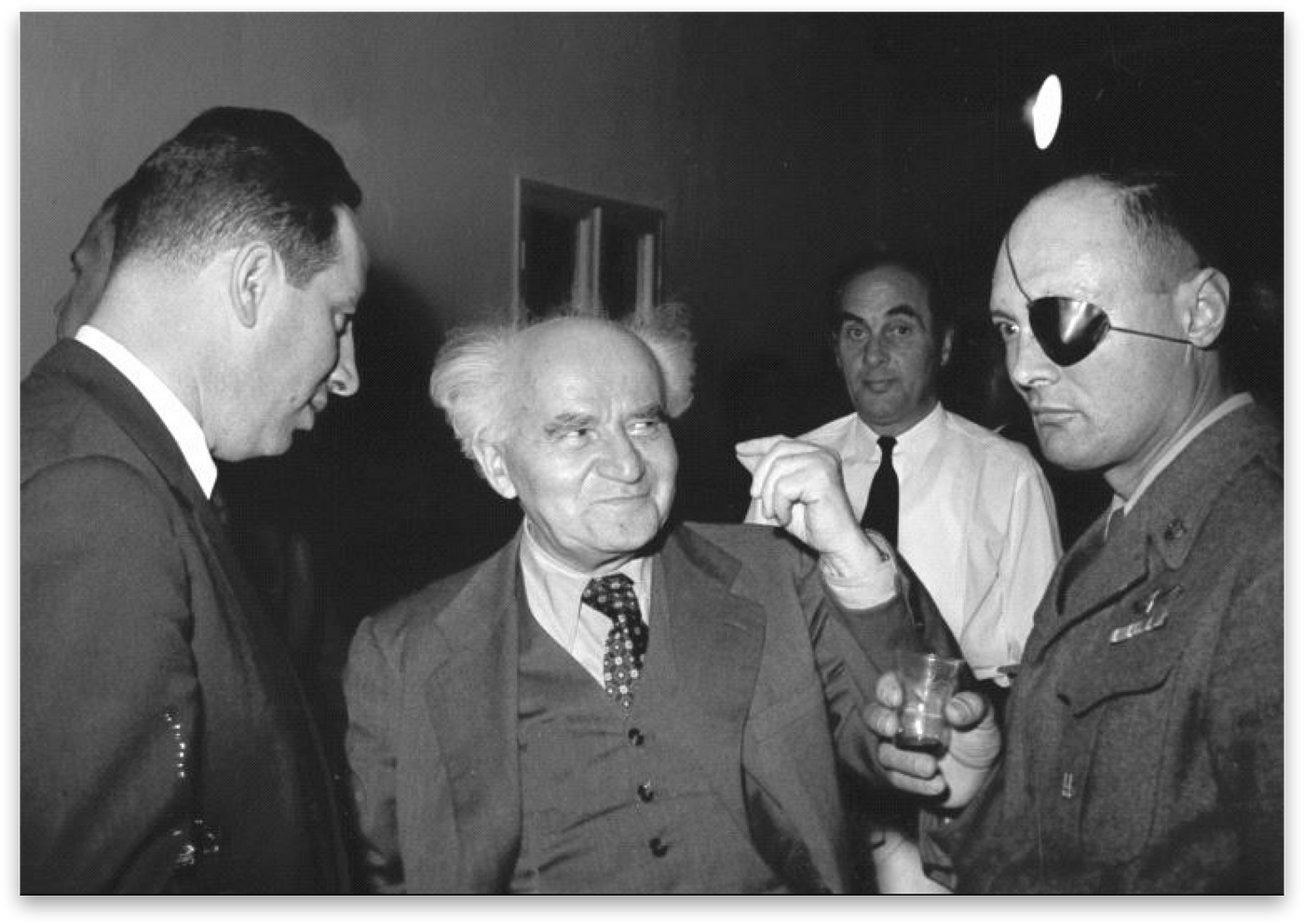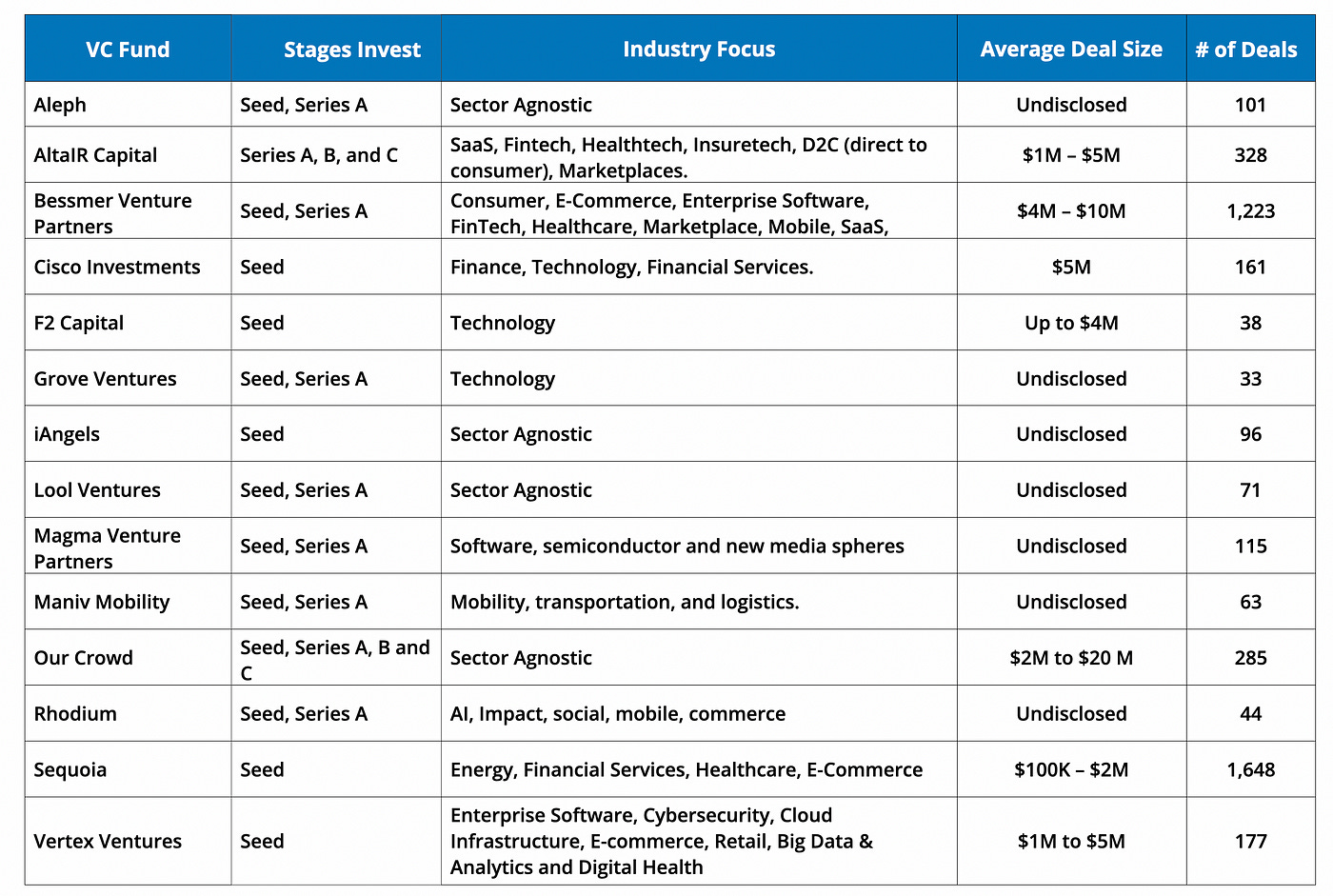Shimon Peres’s vision for Israeli entrepreneurship is alive and booming
Mr. Peres shared his views on democratic capitalism, technology, and world peace circa 1999 at the top of the Internet Bubble. Mr. Peres is no longer with us, but his hope for Israeli entrepreneurship
Mr. Peres was the prime minister of Israel from 1984 to 1986 and 1995 to 1996, president of Israel from 2007 to 2014, and a member of twelve cabinets in a political career spanning 70 years. As foreign minister under Prime Minister Rabin, Mr. Peres engineered the 1994 Israel–Jordan peace treaty and won the 1994 Nobel Peace Prize with Rabin and Yasser Arafat for the Oslo Accords.
From 1996 to 2006, I had the great privilege to meet up with Mr. Peres at the Annual World Economic Forum, where he would attend a party I hosted with Joe Shoendorf of Accel Partners each year. Joe and I firmly believe that Mr. Peres’s early advocacy of the Internet as ‘the new language for the world,’ oratorical brilliance, and his ability to inspire peace and entrepreneurial capitalism left an inedible mark on the fledging country he so loved and fought for his entire life. You can feel this spirit in our 1999 interview below. May God bless this extraordinary man’s soul.
By Anthony B. Perkins
From February 1999 issue of Red Herring
On the day we landed in Jerusalem, 250,000 Israeli protesters ended a prayer rally by declaring seven times that the Lord is God. The demonstrators were largely Haredi (fervently religious Orthodox Jews), including both Ashkenazim and Sephardim, and they carried angry posters about recent Supreme Court rulings that placed Reform and Conservative representatives on local religious councils, allowed kibbutz shopping on Shabbat, and enacted other laws that appear to be paving the way to the recognition of Reform and Conservative branches. But despite fears that some of the participants might recklessly try to break through police barriers and attack the Supreme Court building, the day ended in peace, to the relief of everyone we encountered.
The Red Herring was in Israel, in part, to speak with Shimon Peres, the former Israeli prime minister and winner of the 1994 Nobel Prize for Peace. Although Mr. Peres has been active in public life since the age of 16, he has recently taken a more businesslike approach to establishing peace in his region, with a specific emphasis on promoting science and technology. Excerpts from the enlightening conversation we had with him follow.
Perkins: You formed the Peres Center for Peace with the aim of advancing Arab-Israeli joint ventures. That is a rather novel approach to peace.
Mr. Peres: In business, as in politics, the real art is to be ahead of the storm. if you wait too long, you may start in the middle of it and get destroyed. We can accomplish great things using businesslike assumptions rather than charity ones. For our part, we need to give Palestinians 100 percent of their freedom and help them build a modern economy, or we will not have peace. For a nation to prosper, it must be able to enjoy the prestige of technology, science, and democracy. My ambition is to see that the Palestinian state is the first Arab country to enjoy all three. Countries no longer survive off their land. We now live in an economy of the brain, where strength and richness come from intellectual power. Part of this challenge is to ensure that the triangle of countries — Israel, Jordan, and Palestine — join economies.
Perkins: What have been some of your specific initiatives?
Mr. Peres: We are very careful not to sponsor symposiums and write booklets like other institutes do; we focus on projects that raise the standard of living and on mobilizing the support and involvement of internationally-minded people, companies, and governments. For example, we have an Italian company, Pela Nova Pelvilla, that has taught us that the best wheat for pasta grows in the desert. So, we applied this knowledge to an Egyptian desert, a Jordanian desert, and an Israeli desert. There was a pharmaceutical company, Benif Narbartist, that gave us the money and resources to fight a disease that has attacked the Palestinians of the Middle East. Several companies, including Siemens, are helping us develop high technology. We have an international bank helping us build a fund for high-tech investment in the West Bank; $20 million of the fund came from private Israeli investors, $20 million from Palestinians, and $17 million from the World Bank.
Perkins: Has overcoming cultural barriers been a challenge for this effort?
Mr. Peres: The great hope lies in the hands of the new generation. When I attended the funeral of King Hussein, I saw the sons of Iraq, Sudan, Iran, Algeria, and Pakistan there. All must follow their fathers, who lived through wars, blood, and poverty, and they must have the courage to let go of old traditions. But this will be difficult because there are more than a billion Muslims, many of whom are poor, armed, and at war with modernity. It is now possible for high-tech bombs to fall into the hands of underdeveloped, aggressive countries — and technology without democracy is very dangerous. This situation is further exacerbated by the fact that the price of oil has gone down by half.
Even still, I have great faith in the young. The new generation is more globally inclined and professionally oriented. They understand that we live in a new world, one without borders. Instead of fighting, you have to compete — you must show the same daring talent, and courage in competition that you showed in war.

Perkins: Do you still believe that corporations are better suited for globality than governments are, as you said when you and I talked at the World Economic Forum in Davos, Switzerland?
Mr. Peres: If you consider that the CEOs who came to Davos represented $5 trillion in revenues per year, compared with the United Nations, which represents entities that can’t change things, it’s easy to see where the pendulum is swinging. The U.N. is a meeting of the have-nots, and Davos is a meeting of the haves. The have-nots are governments with a list of wishes without any consequences, and the haves are the companies that can create jobs and wealth and improve the global standard of living. Science and technology are driving globalization, and these developments are in the hands of companies. As a result, companies are becoming much more powerful than governments. This is why privatization is important. But business must consider and live up to its new global responsibilities, which is a big challenge.
Perkins: Given this global transition, are you concerned that businesses gain power by winning in the market rather than in the voting booth?
Mr. Peres: There is no power without responsibility. It’s been my experience that if you seek power for its own sake, you will misuse it, and it will evaporate. But I think that the modern business manager is far more educated and world-conscious than the average politician. At the end of the day, they don’t just sell things for a profit. I find that CEOs generally understand that the better the condition of the world, the better their corporations will do.
Perkins: Realistically, how long before Israel reaches peace?
Mr. Peres: I believe that within half a year, the peace process will be renewed. The greatest obstacles to this peace are the internal systems of our two body politics: our electoral system and the Palestinians’ lack of tradition. We have to change our system; it’s holding back the peace coalition, and it is not governed by the majority but by a precarious minority. Like America, we need to become a government of two major parties, rather than be dependent on small satellite parties.
Perkins: So when you say that you see things improving in six months, is that assuming that Benjamin Netanyahu will no longer be prime minister?
Mr. Peres: That is my hope.
Flash Forward to December 2022
Mr. Peres’s hope to see his nemesis, Mr. Benjamin Netanyahu, defeated in 1999 came true — for a moment. After serving a single term, Netanyahu and his Likud party were heavily defeated in the 1999 election by Ehud Barak’s One Israel party. However, Mr. Netanyahu returned to the leadership of Likud in December 2005 after Sharon stepped down to form a new party, Kadima. Mr. Netanyahu was the Leader of the Opposition from 2006 until 2009 when he was elected as prime minister for a second time and still serves in this position.
Mr. Netanyahu may be back on his throne, but Mr. Peres’s gospel preached in our interview below to foster Israeli entrepreneurship has materialized perhaps beyond his most optimistic wishes. Israel has created the fastest-growing startup community in the world. According to the 2021 Tech Review report by IVC, Israeli tech startups attracted a record $25.6 billion last year in 773 deals, more than double the $10.5 billion raised in 2020. In 2021, exits of Israeli startups 2021 reached $82.4 billion from 238 deals. There are over 80 Israeli unicorns, with 42 companies joining the Unicorn club in 2021 alone. Israel now has more companies listed on the NASDAQ stock exchange than any country outside the United States, save China.
The three largest earning sectors in Israel were Enterprise IT and Data Infrastructure (which raised just under $6b), Cybersecurity Technologies ($5.9b), and Fintech ($4.2b).








Very encouraging. I am 91 years old, but fairly new to these issues. Who can be opposed to peace in our tragically violent world? Thank you for your post.